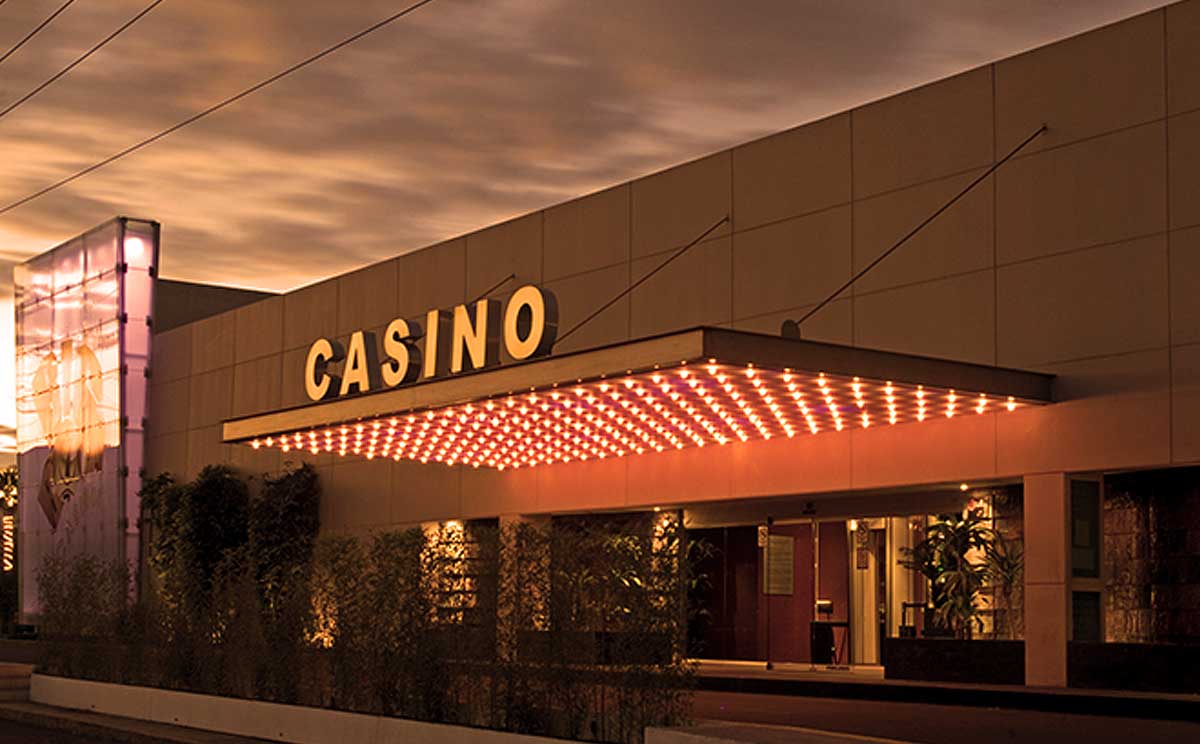
Casino games have long been an integral part of human culture, providing not just entertainment but a fascinating reflection of our aspirations, wishes, and fears. From the rotating wheels of a slot machine to the tactical play of poker, these games embody a variety of human emotions and events. At their core, casino games are more than a chance to make profits; they are a snapshot of life itself, where risk versus reward converge and luck can change in an moment.
As players convene around tables or sit in front of brightly lit machines, they take part in a tradition that transcends mere gambling. These games mirror our instinctive desires for connection, excitement, and the search for fortune. They also reveal deeper truths about human behavior, such as our relationship with chance and the excitement of risk. In exploring casino games, we discover not only the nuances of play but also the rich tapestry of the human experience, showcasing our woven narratives of aspiration and reality.
The Psychology of Gambling
Wagering is intrinsically connected in human psychology, appealing to various emotions and desires. The excitement of taking risks is a core aspect that draws players in, whether it’s thrill of spinning a roulette wheel or the excitement of drawing a winning hand in a poker game. This rush of adrenaline is often compared to other forms of thrill, as the unpredictability of outcomes elicits a unique psychological response. Players often find themselves entranced by the chance of striking it rich, leading to an irresistible draw toward casino games.
Additionally, an essential component of the psychology behind gambling is the concept of optimism and aspiration. Players often nourish dreams of financial freedom and the opulent lifestyle that can accompany winning. This hope fuels their continued participation in gambling, as it provides a sense of purpose and the conviction that a life-changing win could be just one bet away. The narrative of beating the odds and finding success resonates with many, strengthening their dedication to play and engage with these games.
Finally, social aspects play a significant role in gambling psychology. Casino environments are designed to foster social interaction, where gamblers gather to share the experience of wins and losses. This communal aspect not only enhances enjoyment but also influences behavior, as individuals often imitate the actions of others around them. The social validation found in mutual thrill can enhance the emotional experience, making casino games a mirror of not just personal desires but also shared involvement within the gaming community.
## The Dual Nature of Risk and Reward
Gambling activities embody the subtle balance between risk and gain that resonates profoundly with the human experience. The rush of placing a wager is often accompanied by a rush of adrenaline, as players are confronted with the prospect of a huge payout, yet conscious of the potential to lose. This bipartisan experience reflects a essential aspect of life: the paths we choose often come with intrinsic risks, and the chase for gain can drive us to make risky moves we might not otherwise consider. In this way, gambling activities echo real-world decisions, enticing gamblers to risk not just their capital, but also their dreams.
The allure of big prizes and winnings fuels a feeling of positivity, inspiring gamblers to envision a better future that could manifest from a lucky spin of the wheel or dealing of a hand. This optimism can motivate individuals to engage in more daring actions, urging them to push their boundaries in search of monetary success. However, just as in life, the outcomes of these decisions can lead to both triumph and loss. The stories of both big winners and those who have lost everything at the tables demonstrate the random nature of luck and its consequential repercussions on our existence.
Ultimately, the interaction of engaging with casino games serves as a potent reminder of the nature of humanity. Every game played is imbued with the tension of uncertainty, as gamblers weigh the gains against the dangers. This balance not only highlights the excitement that comes with gambling but also unveils the vulnerabilities that come with the urge for more. As we journey through the complexities of decision-making and consequence in both the gambling world and in life, we find that the search for benefit shapes our sense of self and lives in deep ways. j88
Society and Solitude in Casino Culture
Casino environment is a unique mix of social interaction and personal endeavor, reflecting the contrasts of human experience. Players often come together around games, sharing in the excitement of the action, rejoicing in wins, and commiserating over losses. This social aspect is vital, as it establishes a sense of belonging and bonding among diverse groups of individuals. Regular visitors to gaming establishments may form friendships and develop routines, turning the casino into a second home where they experience linked to a greater community of players.
However, the appeal of gambling activities can also lead to isolation. As individuals become engrossed in the excitement of gambling, they may withdraw from personal connections or neglect to engage with the environment outside the gaming space. For some, the pursuit of a windfall can distract from real connections, leading to loneliness. The situation of being among others yet feeling solitary is not rare, as the focus shifts from shared enjoyment to the private stakes of each player’s journey.
This interplay of community and solitude creates a vivid tapestry that defines casino atmosphere. It showcases the intricacy of human interactions, where joy and sorrow coexist. Gambling venues serve as both a refuge for social engagement and a stage for individual challenges, demonstrating how deeply entwined our desire for companionship and the individual quest for wealth can be. In navigating this landscape, players confront their own narratives—seeking both the thrill of the wager and the companionship of other gamblers, eventually mirroring the broader spectrum of human experience.